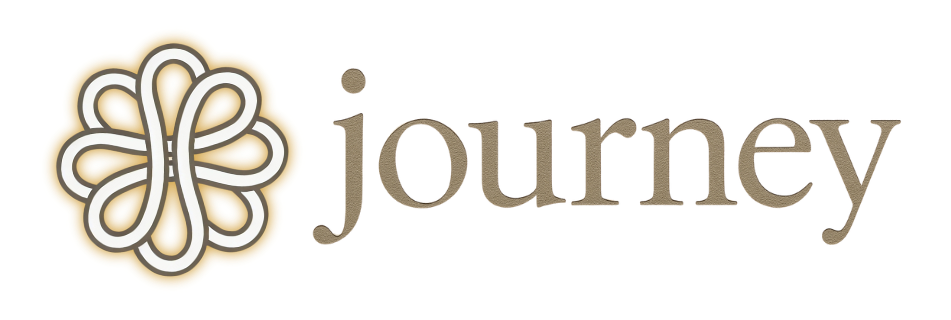Read time: 7 min 37 sec
My Mission
Every day, millions of people face mental health struggles, yet too many don’t receive care that addresses the root of their pain.
That’s why we’re building a new way to receive support—a tool that enables anyone to have access to individualized care.
The traditional mental healthcare system often defaults to a combination of medication and monthly therapy sessions. While these tools can be valuable, they’re just part of the solution. What’s missing is the critical ongoing support between sessions.
That’s why we’re reimagining healthcare. Our vision is to create a system where any practitioners – a therapist, nutritionist, coach, mentor – are provided the tools and are rewarded for helping clients build lasting behavioral changes. We focus on evidence-based behavioral interventions that can help reshape thought patterns, regulate the nervous system, and address root causes—not just symptoms.
By supporting both practitioners and clients between sessions, we’re working to bridge the gap between understanding and action. Because true healing doesn’t just happen in the therapist’s office—it unfolds in the small choices and victories of everyday life.
Because meaningful healing doesn’t just happen in therapy sessions—it happens in everyday moments.
As the founder of Journey Nudge, I want to share why this mission is deeply personal to me, and how my own experiences shaped the problems we’re solving today.
Growing Up in a First-Generation American Household
I grew up in a household where emotional pain was ever-present. My parents, Italian immigrants, worked tirelessly to build a new life in America.
But mental health wasn’t something we talked about at home. If my sister or I struggled, the response was usually, “It could be worse,” or “Just push through.”
Well-meaning, but ultimately, it felt like something was wrong with us for feeling the way we did. This was the mindset I grew up with—one that many first-generation American kids can relate to.
Soccer: My Escape
For years, soccer was my escape. I’d played since I was young, with dreams of going pro. It gave me control, an outlet where I felt like I could shape my own path. But when I got injured, those dreams fell apart.
I spiraled into depression, as many athletes do when their bodies give out. My uncle stepped in at my lowest point and helped me focus on my health, reminding me to take it one step at a time. With his help, I started rebuilding—physically and mentally.
Piece by piece, I regained my confidence. But just as I found my footing, life took another turn.
The Turning Point
Building Journey Nudge
Legacy
With Love,
Lorenzo

